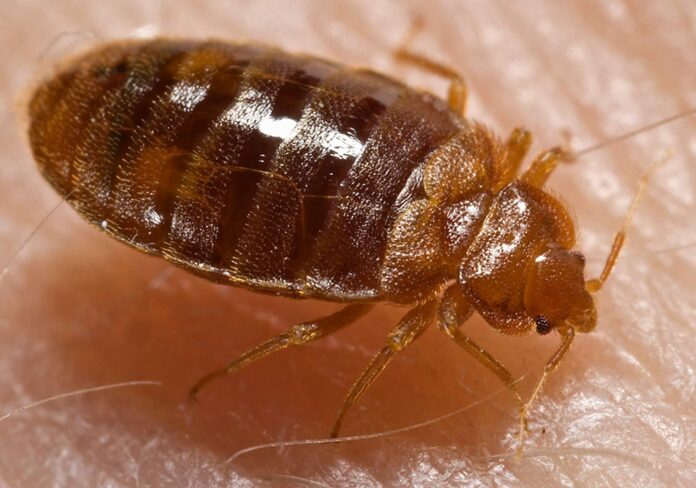
BRITAIN’S bedbug crisis is getting worse and landlords need to work “proactively” with tenants if and when cases emerge, a leading property association has said.
The guidance from the National Association of Property (NAPB) comes days after reports suggested some landlords were telling tenants to put their duvets in the freezer to deal with the problem.
Jonathan Rolande, a spokesman for the NAPB, said the law over who is responsible for dealing with bedbugs was a grey area.
He said “There does appear to be evidence that this problem is getting worse, and landlords and tenants need to work proactively to deal with this.
“Issues with pests can sometimes be something of a grey area when it comes to putting things right – what is the landlord’s responsibility and what is the tenant’s is often a cause of argument.
“Pests and vermin include: bed bugs, fleas, flies, rats, mice and cockroaches.
“A tenant could be held responsible if they do something that encourages pests. Examples of this could be keeping a pet that has fleas, discarding food waste or not storing rubbish properly. Landlords are unlikely to be liable for bed bugs unless it can be proved the infestation was there prior to taking up residence.
Mr Rolande continued: “Any issue should be reported to the landlord or their agent. Works can then be carried out to eliminate the issue. This may include such things as fumigation, clearing accumulated rubbish, blocking cracks where vermin could be entering, or laying poison. Landlords should seek professional advice as to how best to treat any issues.
“They should check any insurance policy they may have that could cover the cost of sorting it out. In blocks of flats, the managing agent may need to be involved and the cost taken from the maintenance fund but this will only be in cases where neither landlord or tenant are at fault.
“Additional care should be taken by landlords where children or vulnerable people are in occupation.
“As a last resort, either party can contact their local Environmental Health Department who will assess the issue and tell either party to fix the problem.”
Explaining the properties most likely to be impacted, he added: “Rented properties are more likely to suffer from pests or vermin as they are often in older, less well-maintained buildings than those that are owner-occupied, are in many cases closer to commercial property increasing the risk and of course the turnover of occupants is another contributing factor.”
Help keep news FREE for our readers
Supporting your local community newspaper/online news outlet is crucial now more than ever. If you believe in independent journalism, then consider making a valuable contribution by making a one-time or monthly donation. We operate in rural areas where providing unbiased news can be challenging. Read More About Supporting The West Wales Chronicle
























